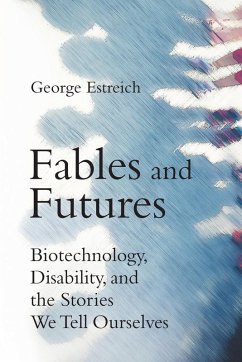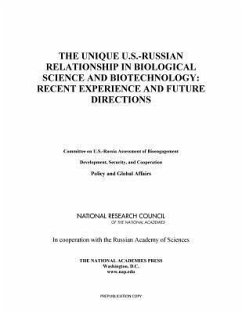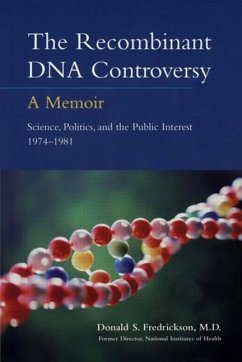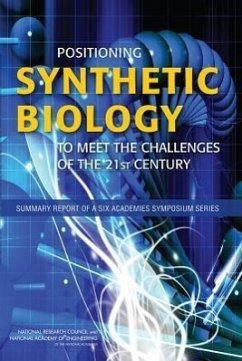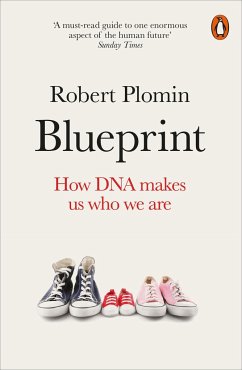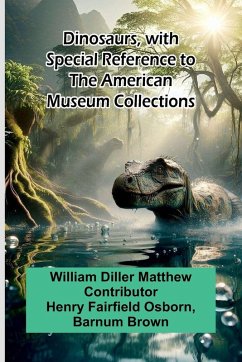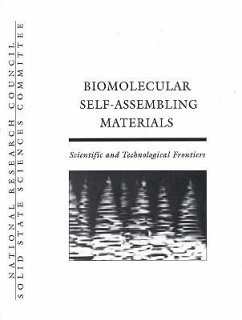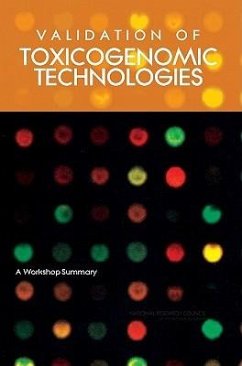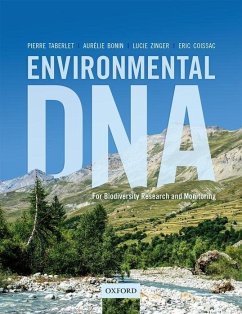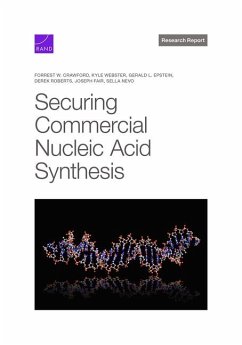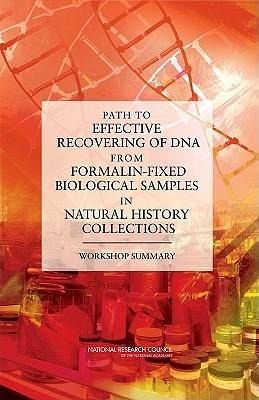
Path to Effective Recovering of DNA from Formalin-Fixed Biological Samples in Natural History Collections
Workshop Summary
Herausgeber: Tang, Evonne P y
Versandkostenfrei!
Versandfertig in über 4 Wochen
27,99 €
inkl. MwSt.

PAYBACK Punkte
14 °P sammeln!
Museums catalogue our knowledge of the Earth's biodiversity, and their collections represent many decades of work by experts. Access to DNA sequence information in archival specimens would greatly extend knowledge of the genetic relationships within our biosphere. However, molecular genetic analysis of museum specimens has been slowed by the usual practice of fixation and storage of samples in formalin. Formalin is an environmental toxin and induces genetic and chromosomal alterations to the samples. Few of the many attempts to obtain and sequence DNA from formalin-fixed specimens stored in aq...
Museums catalogue our knowledge of the Earth's biodiversity, and their collections represent many decades of work by experts. Access to DNA sequence information in archival specimens would greatly extend knowledge of the genetic relationships within our biosphere. However, molecular genetic analysis of museum specimens has been slowed by the usual practice of fixation and storage of samples in formalin. Formalin is an environmental toxin and induces genetic and chromosomal alterations to the samples. Few of the many attempts to obtain and sequence DNA from formalin-fixed specimens stored in aqueous formalin or ethanol have been successful. All of the protocols are slow, difficult, and often expensive, and few produce DNA fragments longer than 500 base pairs. Path to Effective Recovering of DNA from Formalin-Fixed Biological Samples in Natural History Collections examines past attempts on DNA recovery from formalin-preserved biological specimens and discusses the research needed to advance the development of similar but more efficient and cost-effective protocols.



